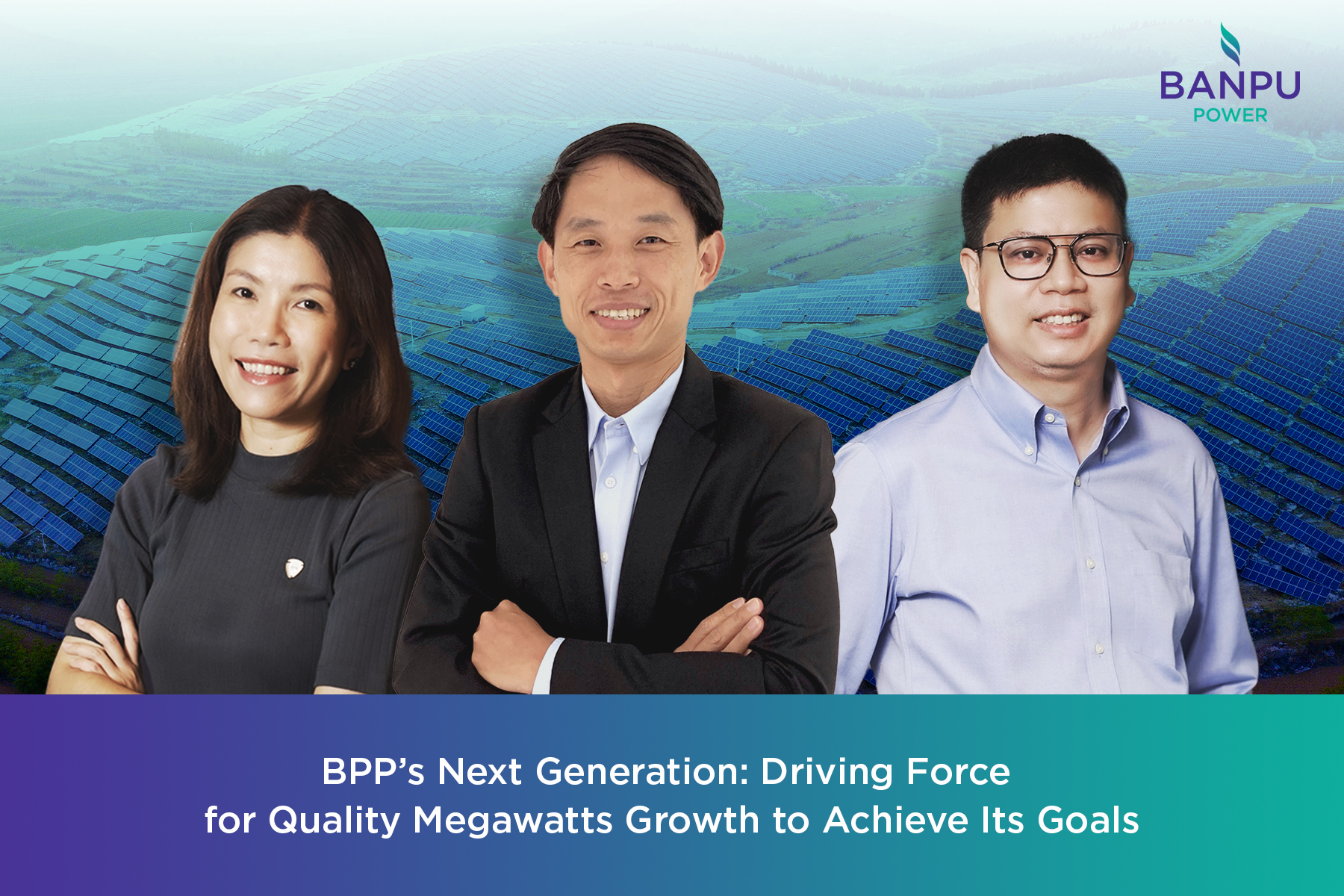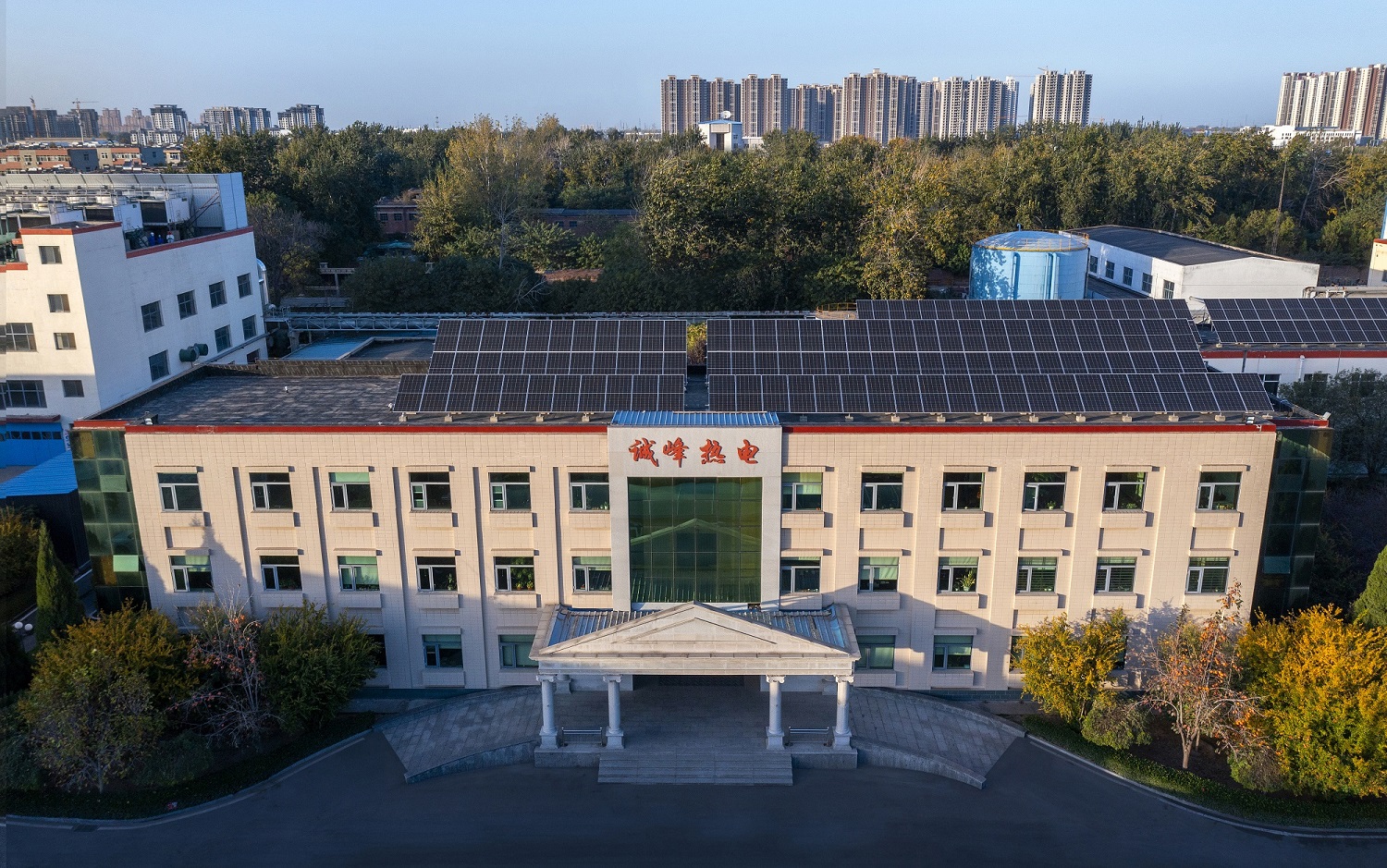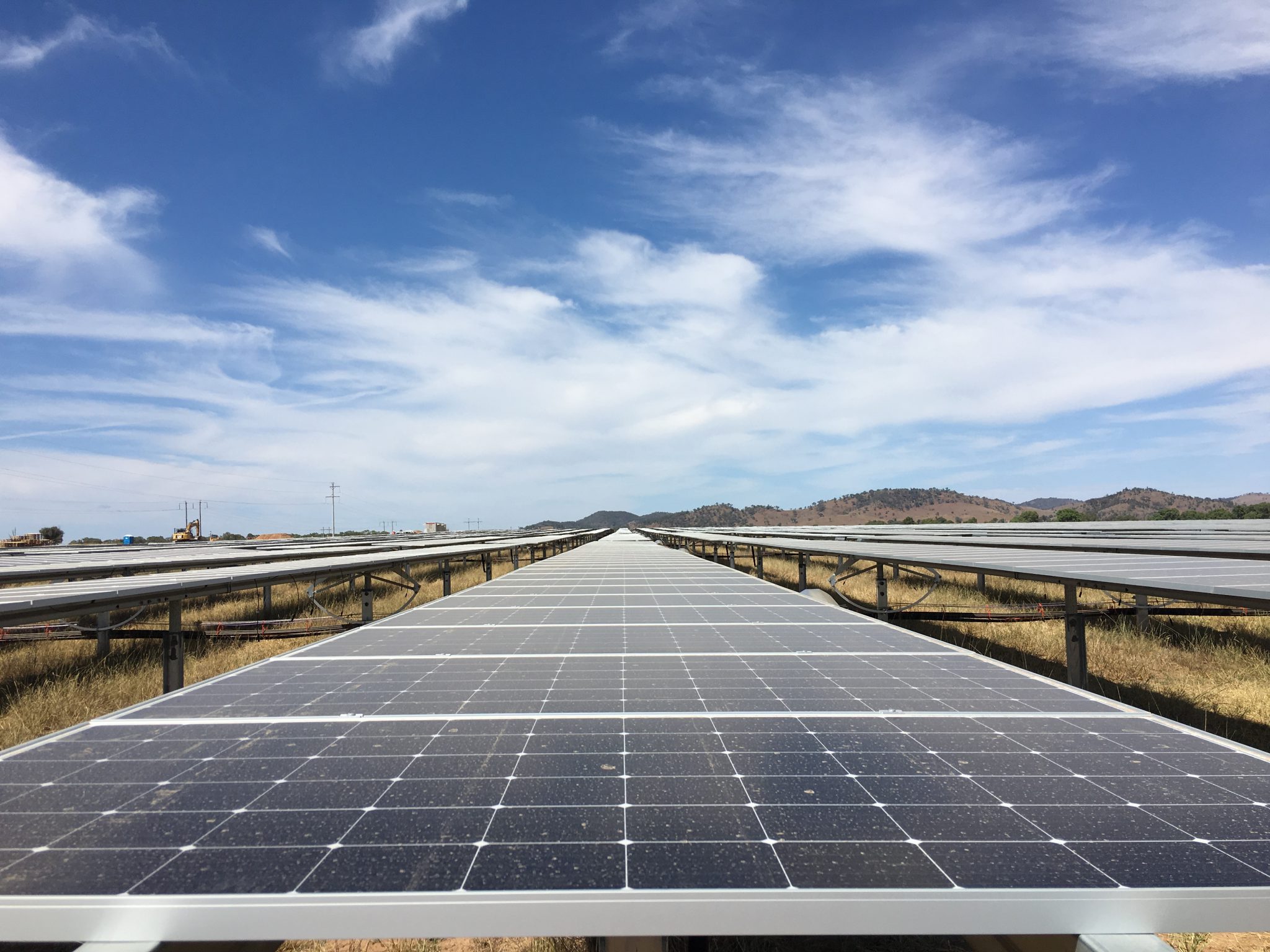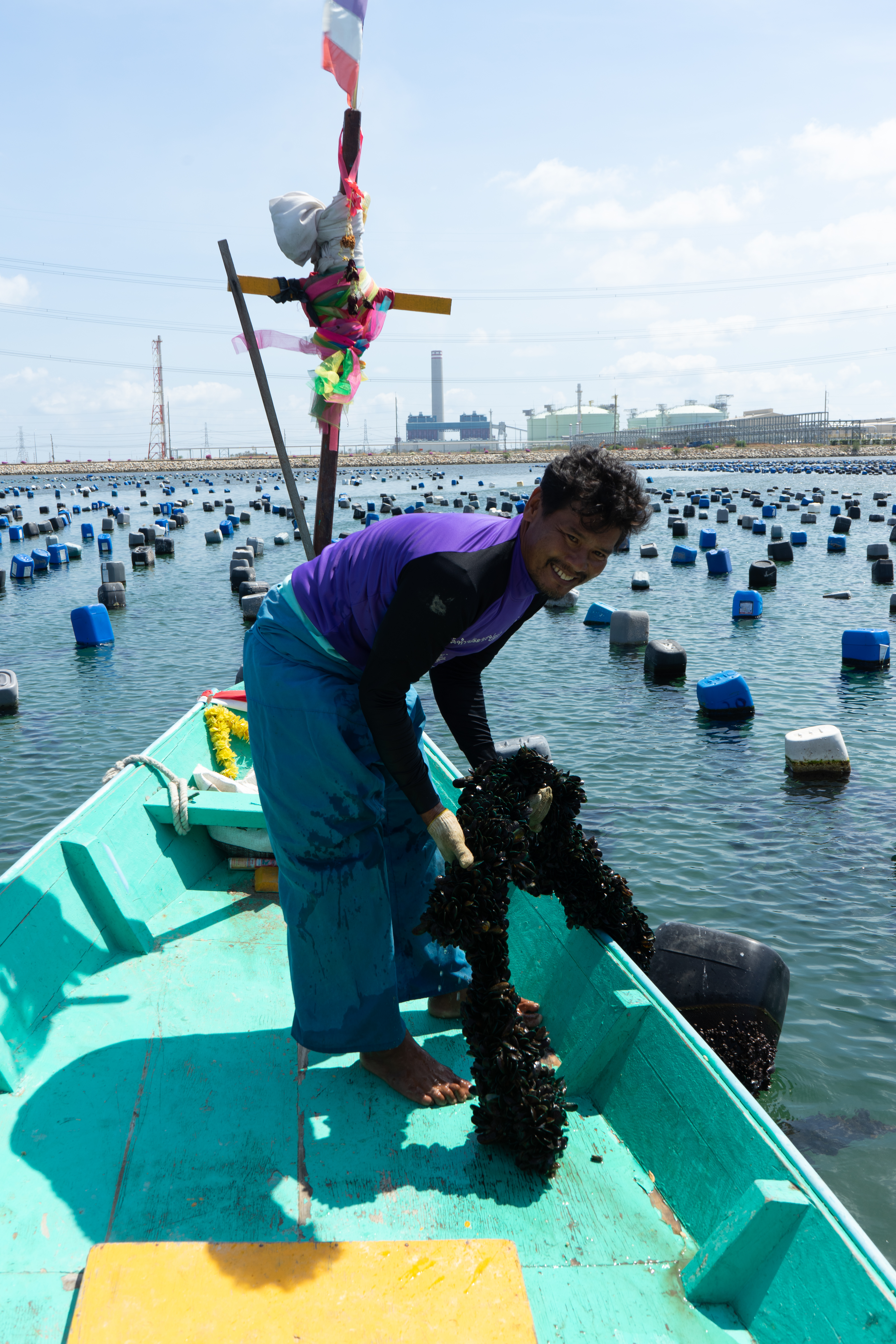BPP’s Next Generation: Driving Force for Quality Megawatts Growth to Achieve Its Goals

In the rapidly evolving landscape of the electricity generation industry, there is a growing emphasis on cleaner and more sustainable energy. However, this transition presents numerous challenges characterized by volatility, uncertainty, complexity, and ambiguity (VUCA), stemming from economic, social, political, and rapidly changing technological factors. As a result, businesses, particularly multinational energy companies such as Banpu Power Public Company Limited (BPP), must be prepared to quickly adapt to changing circumstances. To successfully transition into a company capable of meeting the world’s future energy demands, BPP recognizes the importance of a “strong teamwork” that embraces a “Greener & Smarter” strategy to provide people with sustainable and high-quality electricity or quality megawatts. The commitment and expertise of a professional team serves as a crucial driving force for all sectors within BPP’s power generation and distribution businesses to become more environmentally friendly, smarter, and resilient in the face of challenges, in order to generate strong cash flow. This includes the efficient operation of power plants, the advancement and expansion of energy technologies, and the pursuit of new investment opportunities guided by environmental, social, and governance (ESG) principles. Going beyond business growth, BPP’s ultimate objective is to deliver sustainable, high-quality electricity, thereby, creating long-term value for all stakeholders involved.
In terms of improving power plant efficiency and advancing energy technology, Mr. Prakay Yoknamngoen, Vice President of Business & Market Development in Beijing, China, brings extensive experience in the energy industry, spanning nearly two decades. He has played a pivotal role in facilitating the transformation of BPP’s operations in China, focusing on the adoption of greener and smarter power plants through the utilization of high efficiency, low emissions (HELE) technology, which enhances operational efficiency and promotes environmental sustainability. “In terms of fuel consumption, our power plants exhibit exceptional efficiency. In general power plants, when electricity is generated, around 40% of the fuel is converted into electricity, while the remaining approximately 60% of the fuel is lost. However, our power plants have the capability to repurpose the residual fuel for heat supply within the community and recycle it for use in the plant. Furthermore, our power plants surpass the official standards for emissions. For instance, at the Zhengding CHP Power Plant, the Chinese authorities have set a nitrogen dioxide emission limit of 30 milligrams per cubic meter. Our power plant achieves even lower emissions, maintaining levels as low as 18 milligrams per cubic meter. This achievement showcases our pride in introducing HELE technology to advance power plant development in China. We secured the approval and trust of the local government through the implementation of a solar rooftop project in Zhengding, aimed at promoting environmentally friendly electricity generation for the community. This project serves as a testament to our commitment to sustainable energy practices,” said Mr. Prakay.

Thanks to the Zhengding Solar Rooftop Project in Hebei province, Mr. Prakay’s working team has effectively demonstrated BPP’s dedication to the development and expansion of energy technologies. The objective is to achieve a capacity of 167 megawatts by 2023, a significant increase from the current capacity of 58 megawatts. Furthermore, the Company has expanded the solar rooftop project by integrating it with other energy technologies, utilizing solar panels as a power source for air source heat pump type air conditioners. These machines efficiently convert heat from the air into usable heat energy at an appropriate temperature, resulting in net-zero energy consumption. During the winter, the system extracts heat from the outdoor air to warm the interior, while in the summer, it expels heat from the indoor air to the outside. Mr. Prakay also highlighted another example of energy technology expansion, namely the Biocoal Waste-to-Fuel project. This initiative converts waste into fuel that can be utilized in power plants, addressing the issue of waste overflow, and reducing carbon dioxide emissions. Ultimately, whether through the optimization of power plant operations or the development and extension of energy technologies, BPP aims to achieve a greener & smarter outcome for its business portfolio. Importantly, these efforts align with the lifestyles and needs of the local community.
Furthermore, to expedite the production of high-quality electricity, it is crucial to undertake a cohesive approach that involves exploring new investment opportunities in promising areas while aligning with the Greener & Smarter strategy, particularly within the renewable energy sector. Mr. Nithinut Ekapand, Manager of the Business Development team in Energy Generation and Trading, specializes in identifying potential renewable energy ventures in Vietnam and Australia. During his discussion, he emphasized the importance of recognizing prospects in each region that can guide investment decisions for new projects at BPP. He stated, “Our responsibility entails actively pursuing and evaluating the feasibility of potential projects that align with BPP’s Greener & Smarter strategy. In Vietnam, the demand for energy continues to rise alongside economic expansion. However, electricity generation is insufficient. Given Vietnam’s expansive geography, abundant sunlight, and government support for renewable energy, this presents an opportunity for BPP to venture into both wind and solar power plant businesses in Vietnam.”

Nithinut also highlighted that Australia, like Vietnam, is renowned for its expansive territory and possesses significant potential for solar and wind resources. Moreover, the local government has established targets and actively promotes the utilization of renewable energy, while consumers are also eager to purchase electricity from renewable energy producers in the merchant power market. Australia, therefore, represents a promising investment opportunity for BPP. Nithinut added, “The Beryl and Manildra solar power plants in New South Wales (NSW) as significant additions to the Company’s renewable energy business portfolio. My role is both challenging and enjoyable, as it constantly exposes me to new knowledge and enables me to make valuable contributions to the organization. If compared to the body, my job can be likened to the eyes and ears, always receptive to emerging trends, technologies, as well as seeking suitable business opportunities that will help BPP grow towards its goals,” expressed Nithinut.
With the efficient operation of power plants, the relentless development and advancement of energy technology, coupled with a continuous pursuit of new investment opportunities, BPP stands prepared to foster robust growth. However, the Company’s aspirations extend beyond business expansion, with an ultimate goal of providing high-quality electricity for a more sustainable world. To achieve this, BPP ensures that every aspect of its business operations incorporates ESG principles. Ms. Sanicha Pinyocheep, Manager of Sustainable Development and Risk Management, plays a crucial role in overseeing the organization’s adherence to these principles. Her efforts have successfully fostered the implementation of ESG principles across all departments within the organization, including the establishment of various ESG-related policies, diligently monitoring performance, preparing comprehensive reports, internally sharing information, and effectively communicating with diverse stakeholder groups.
“If ESG is viewed as the body, then G represents the bones, which provide the organizational structure. The E and S, on the other hand, can be seen as the flesh, which needs to be well-maintained to ensure the organization meets the expectations of all parties involved and supports sustainable growth,” said Sanicha. She emphasized her role in the E: Environment aspect, where she contributes to target setting for power plants to reduce emissions and helps establish environmental policies, including those related to climate change and water resource management. In the S: Social aspect, Sanicha focuses on driving employee safety policies, fostering personnel development, and promoting high work standards. This includes effective communication with local communities to support mutual understanding, enhance quality of life, and develop professional skills among community members. In terms of the G: Governance aspect, Sanicha ensures that each department adheres to good corporate governance practices and effectively communicates information to stakeholders. These efforts help to instill confidence, trust, and transparency in the organization’s operations.

Mr. Kirana Limpaphayom, BPP CEO, summarized, “BPP’s commitment to generating quality megawatts is driven by the dedication of our employees at all levels, starting from power plant operations, energy technology development and expansion, exploration of new investment opportunities, and adherence to ESG principles in conducting business. I firmly believe that our ambitious goal of achieving a power generation capacity of 5,300 MW by 2025, as part of our Greener & Smarter strategy, presents a challenge that the BPP team is highly capable of achieving. Our objective goes beyond just business growth, it encompasses delivering high-quality electricity to people while creating sustainable value for all stakeholders.”
###
About BPP
Banpu Power Public Company Limited (BPP) is a leader in power generation and distribution in the Asia-Pacific, including Thailand, Lao PDR, China, Japan, Vietnam, Indonesia, Australia and the U.S., with a position of “We ARE (Affordable, Reliable, and Eco-friendly) Power for the Sustainable World”. For more than two decades, BPP has been committed to operational excellence to achieve efficient power generation while deploying high-efficiency, low-emissions (HELE) technologies that are safe and environmentally sound in accordance with its Greener & Smarter strategy. The Company is continuously moving forward to reach a total equity-based power generation capacity of 5,300 MW within 2025.



